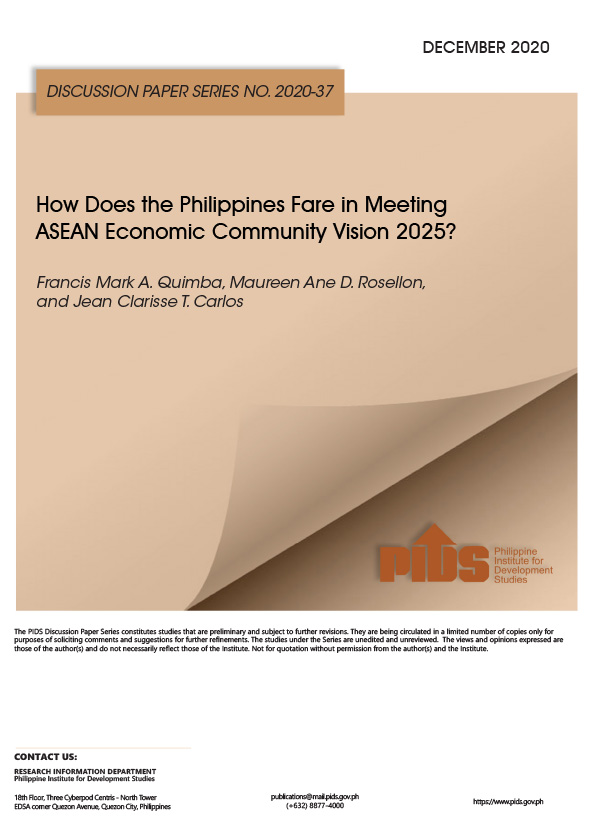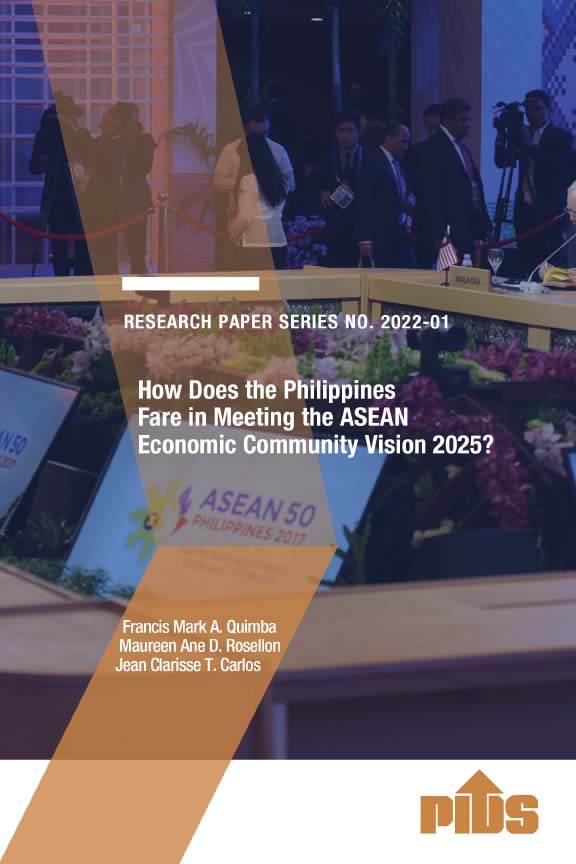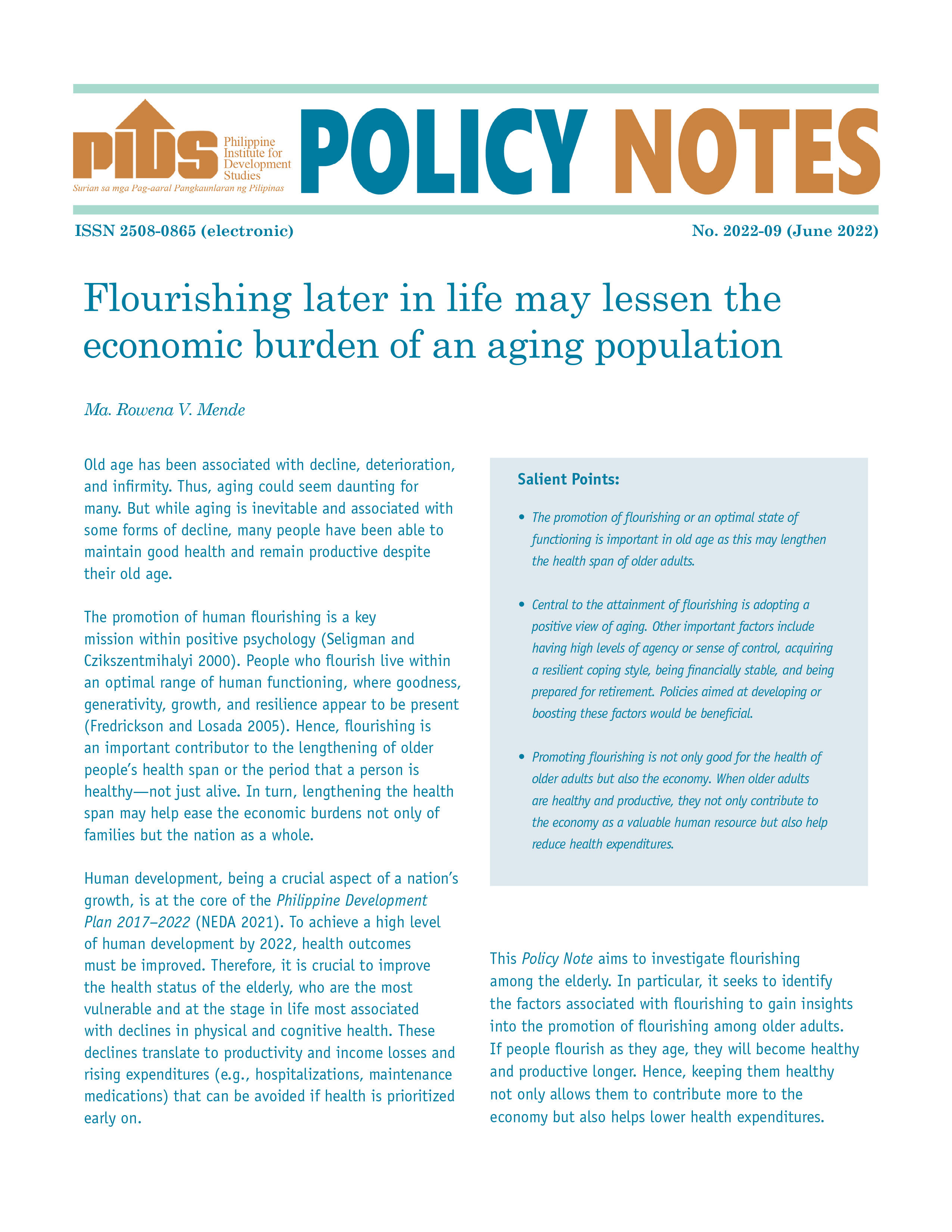THE Philippine economy stands to benefit from the possible "brain gain” under the Asean Economic Community (AEC), which will take effect in January 2016.
As a known labor-exporting country, the Philippines, like most emigrating countries in the region, suffered from "brain drain,” as professionals and academicians leave the country for better work opportunities abroad.
However, in a discussion paper, titled "Prospects and Challenges of Brain Gain from Asean Integration,” Philippine Institute for Development Studies (PIDS) Director for Research Information Sheila Siar said the AEC could reverse this trend.
"The Asean economic integration in 2015 can be viewed as an opportunity for brain gain for the Asean member-countries,” Siar said.
"[This] can offset the losses from brain drain experienced by emigration countries in the region, and facilitate knowledge exchanges and collaboration and economic and business linkages, all of which are beneficial for the Asean and its member-countries,” she added.
Siar said there are three ways by which a brain gain can occur in emigrating countries like the Philippines.
These are the growth of cross-border education in the region; increased labor mobility in the Asean through mutual recognition arrangements (MRAs); and the migration of Asian expatriates to the Asean.
Siar said, coupled with a more vibrant economy that provides attractive compensation packages in destination, Asean countries could boost movements of international students and workers, as well as promote the exchange of advanced technologies.
"It may [also] benefit Asean to allow dual citizenship, as it could facilitate the movement of financial and human capital into the member-countries and the Southeast Asian region as a whole. The portability of social-security benefits should also be pursued, as this promotes return migration and labor mobility, which will enhance circular flows of human capital, investment and technology to the advantage of the Asean member-countries,” Siar added.
However, Siar cautioned that if the education sector in Asean countries continue to struggle with language issues, underdeveloped tertiary education and low innovation capacities, a brain gain may not be possible.
Other factors that may prevent a brain gain from occurring includes the low competitiveness rankings of some Asean countries. This makes countries less attractive as labor destinations.
"Given these issues, the more advanced economies in the region will have more advantage in exploiting the opportunities of Asean integration during the initial years of the AEC. Prominent economist Joseph Stiglitz expressed the view that the Asean integration could even lead to more brain drain for the poorer countries in the region,” Siar said.//
Related Posts
Publications
Press Releases
Video Highlights
[No related items]








